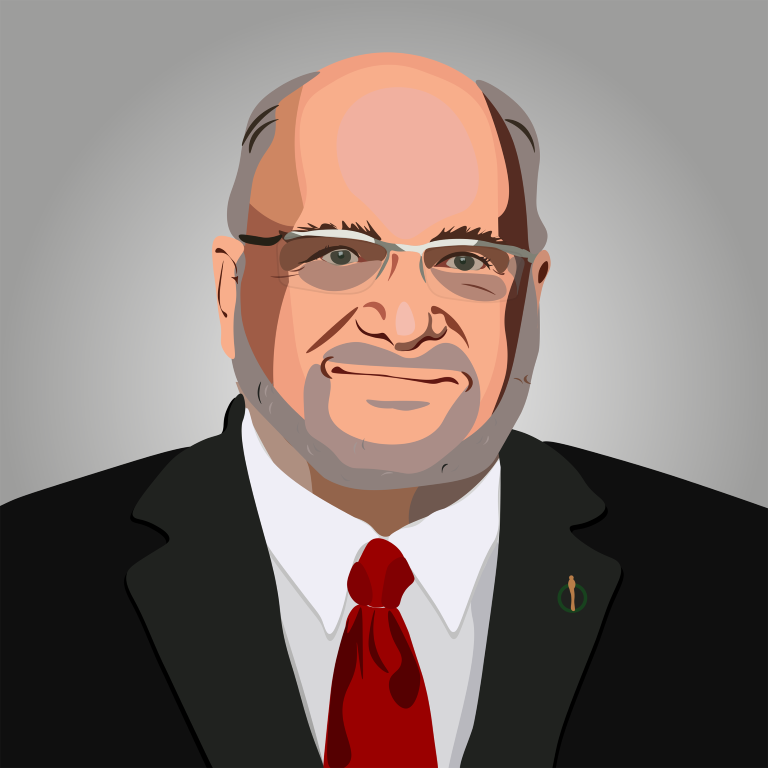
Weekly geopolitical news
By Keating Smith, Staff Writer
Africa: (Malawi) Malawi’s President Joyce Banda made a decision last week to cease all mediation efforts over a land demarcation between Malawi and Tanzania on a shared border situated on Lake Malawi. The decision comes after the country awarded an independent UK petroleum company the license to search for oil deposits in Lake Malawi’s northeastern waters near the Tanzanian border. The decision by Banda comes after she accused the Tanzanian government of receiving leaked documents from the South African Development Community on Malawi’s economic plans for oil development in the region.
North America: (Arkansas) A 65-year-old pipeline carrying heavy crude oil from Canada to the Gulf of Mexico burst in a suburban neighborhood in Mayflower, Arkansas last week spilling an estimated 3,500-5,000 barrels of crude oil. More than two dozen families were forced to evacuate their homes. While oil giant Exxon continues to clean up the spill with over 600 people working around the clock in the neighbourhood, the Federal Airline Authority has also implemented a temporary no-fly zone over the area restricting aircraft from flying over the area at less than 1,000 feet. This is not the first time Exxon has faced problems with the same ageing Pegasus pipeline. In 2010, Exxon was fined for not inspecting another part of pipeline with “sufficient frequency.”
Latin & South America: (Venezuela) WikiLeaks files obtained by the media last week have revealed a US government document outlining a five-point strategy to disrupt and undermine the Venezuelan government prior to the death of President Hugo Chavez. The article, which includes a memo from US ambassador to Venezuela, William Brownfield, reveal plans of “penetrating Chavez’ political base,” “dividing Chavismo,” “protecting vital US business,” and “isolating Chavez internationally.” The document is thought to be a course of action to counteract the weakening affairs between the two countries had Chavez continued to be in power after his re-election six months ago.
Asia- Pacific: (Samoa) Samoa Air has announced a controversial new method for charging their passengers to fly: admission based on their body weight. Prices are said to vary between 36 cents per kilogram to one dollar per kilogram based on the distance of the flight. Although the airline acknowledges the decision as being discriminative, a spokesperson for the airline told the press, “Not only can we be more efficient, but it’s also a fair system of distributing the cost.”
Europe: (France) French president Francois Hollande has told the press that he will use all necessary measures to clean up political corruption in the country. The statement comes after France’s former budget minister Jerome Cahuzac was charged with tax fraud that involved embezzling funds into an offshore bank account. Hollande vowed to French citizens that a new law detailing French politicians wealth and spending habits would be released in the weeks to come as a reassurance of his promise. Cahuzac is thought to have stolen nearly $750,000 in potential state revenue, held in an account outside the country.
Middle East: (Gaza Strip) The United Nations Relief and Works Agency (UNRWA) announced that it has suspended aid operations in the Gaza Strip after numerous violent demonstrators stormed the agency’s headquarters in Gaza City last week. Budget cuts and a growing deficit in the agency have resulted in less support and aid for Palestinians living in the small territory from the UN, who are already faced with severe limitations on basic amenities after Israel implemented trade barriers with the coastal enclave since Hamas took control of Gaza in 2008. A spokesperson for the UNRWA has said that operations will return to normal when the agency feels it is safe enough to do so.

